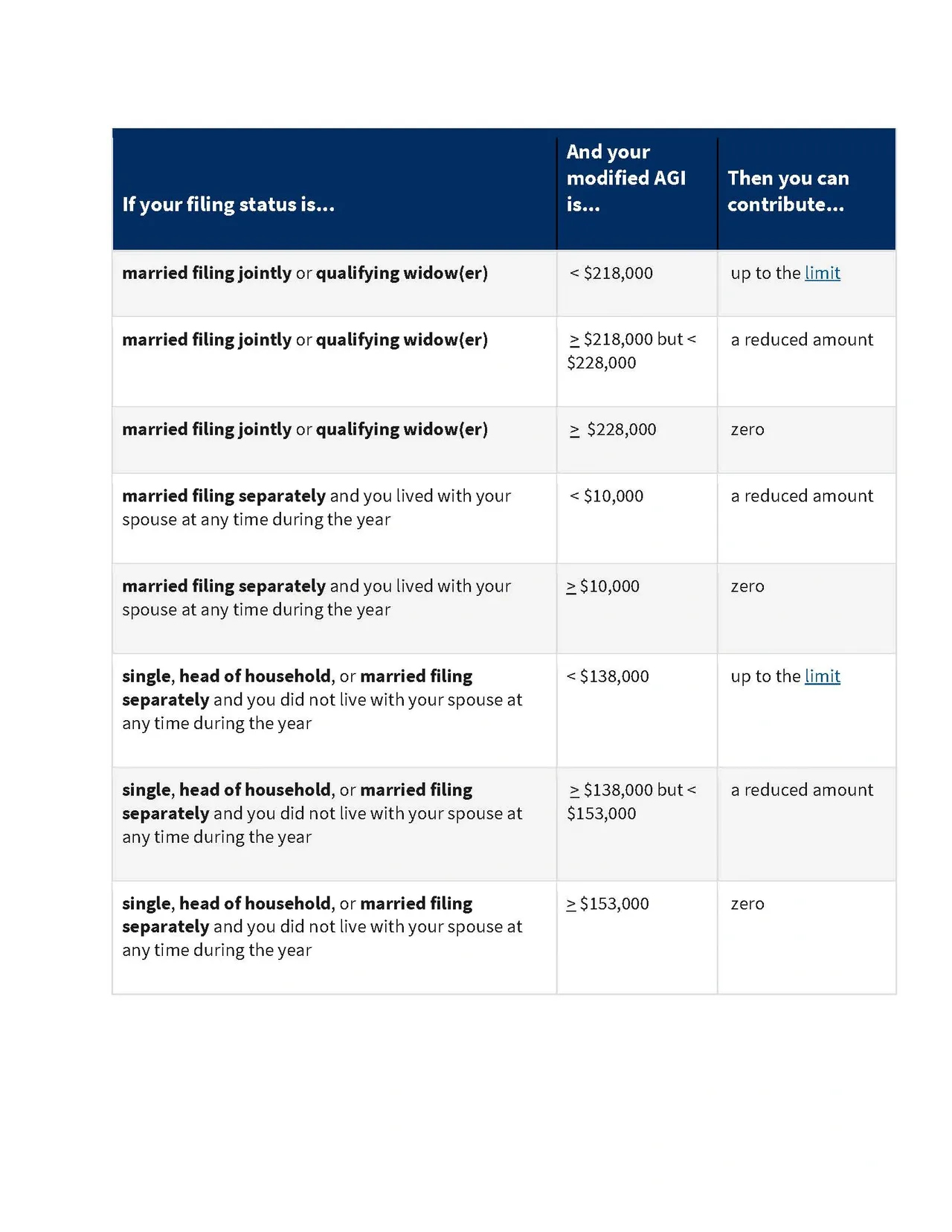Estate planning involves a lot of layers, but it shouldn’t be complicated. The simplest way to put it, your estate planning at the bare minimum should plan for incapacity and death.
So the question becomes, when is the “right†time for estate planning?
Let’s get rid of the misconception that you must have assets or something of value in order to set up estate planning. If any of these questions below resonates with you, then the right time is NOW!
âš«Do you want to be buried or cremated?
âš«Do you want to leave it up to the courts to choose a guardian for your child or do you want to make that decision?
âš«Do you want someone to have the legal authority to take care of your finances and personal affairs if you were sick or incapacitated?
âš«Do you want to be kept alive by artificial means if you were in a vegetative state, or do you want a loved one to pull the plug?
âš«Do you want your kids to have access to their savings at 18 or do you want control of when funds are distributed to them?
There are so many different questions and concerns that proper estate planning can address, whether you are a millionaire or an average Joe with a 9-5.
Let’s first address incapacity.
Many think of this word and mistakenly believe that you must be in a vegetative state to be deemed incapacitated. However, that is not the case. Incapacity means that you are incapable of handling your personal and financial affairs; whether it is because you are sick or something as simple as traveling and you are unable to make decisions. Additionally, with proper estate planning, a person can dictate what it means to be incapacitated and what level of proof is required.
The year 2020 has reminded us that our health is our most important asset. Consequently, leading to these questions?
âš«What happened if you are in the hospital due to covid and unable to handle your finances or personal affairs?
âš«Who legally can step into your shoes and not only speak on your behalf to the doctors, but also make sure your bills are paid, negotiate on your behalf, serve as your agent?
Spoiler alert! Your spouse is not automatically your legal agent, unless financial accounts are joint, they have no legal say on your accounts. Additionally, unless they are legally named as your agent using a durable power of attorney, or as a health surrogate, they cannot enforce your wishes, nor can they handle your affairs.
Let’s now address death.
The hard truth is that you are not immortal, you WILL die one day, not sure when or how, but it is inevitable. Proper estate planning plans for death, so when the expected happens at an unexpected time, it is critical to have a plan.
Planning for death will look different for each person. For some the goal is to avoid probate, for others is to keep harmony in the family and avoid disputes after a loved one has passed away.
The overall goal for all is to have peace of mind, making a not so pleasant situation as smooth as possible.
At JP Law & Wealth Advisors PLLC we want to make estate planning as simple as possible so that you understand the choices you are making and feel empowered to make them.
Laurore B. Jean Pierre Esq.







